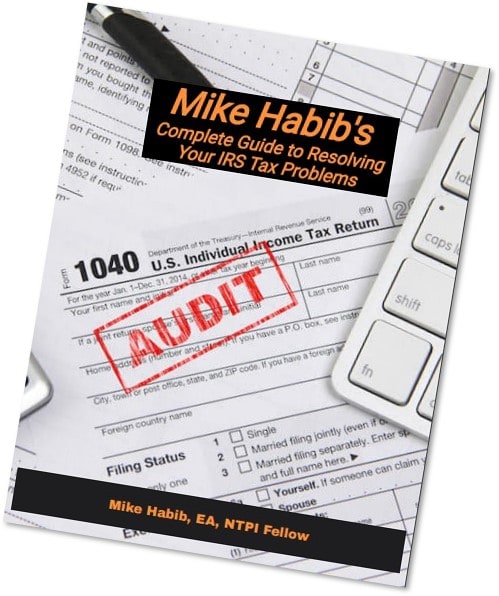Your Tax Problems
Offer in Compromise (OIC) Overview
If taxpayers are unable to pay a tax debt in full and an installment agreement is not an option, they may be able to take advantage of an offer in compromise (OIC). Generally, an OIC should be viewed as a last resort after taxpayers have explored all other available payment options. The IRS resolves less than one percent of all balance due accounts through the OIC program.
What is an Offer in Compromise?
An offer in compromise is an agreement between a taxpayer and the IRS that resolves the taxpayer’s tax debt. The IRS has the authority to settle, or “compromise,” federal tax liabilities by accepting less than full payment under certain circumstances. A tax debt can be legally compromised for one of the following reasons:
- Doubt as to liability – Doubt exists that the assessed tax is correct.
- Doubt as to collectibility – Doubt exists that the taxpayer could ever pay the full amount of tax owed.
- Effective Tax Administration – There is no doubt the tax is correct and could be collected but an exceptional circumstance exists that allows the IRS to consider a taxpayer’s OIC. To be eligible for a compromise on this basis, the taxpayer must demonstrate that collection of the tax would create an economic hardship or would be unfair and inequitable.
As the result of the issuance of the revised Form 656, Offer in Compromise 3/2018 revision, a taxpayer is now required to file a Form 656 – L, Offer in Compromise (Doubt as to Liability) when it is believed that the tax liability is incorrect, while Form 656, Offer in Compromise should be filed only when there is doubt as to collectibility that the tax liability could ever be paid in full, or under the basis of Effective Tax Administration (ETA). A taxpayer is no longer able to file offers concurrently claiming both that the tax liability is incorrect along with an inability to pay it.
Form 656, Offer in Compromise 3/2018 revision also incorporates changes in the processing guidelines as the IRS will no longer investigate an offer for a tax year or tax period that has not been assessed. The IRS will return the offer back to the taxpayer if it is submitted solely for an unassessed tax year or tax period.
Taxpayers should beware of promoters’ claims that tax debts can be settled for “pennies on the dollar” through the offer in compromise program.
You should read our BEWARE REPORT



